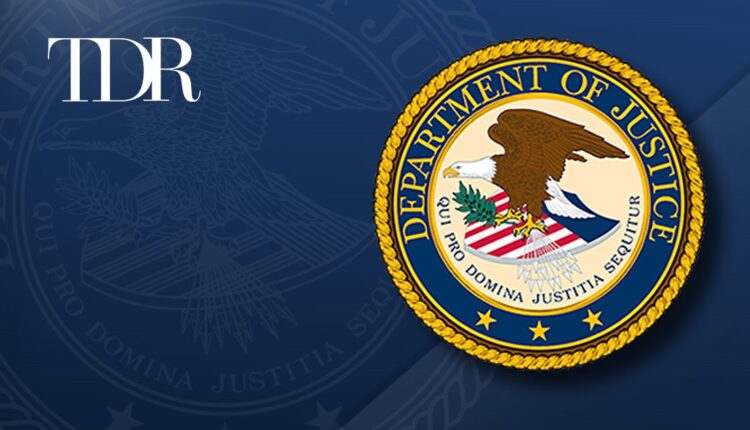
DOJ Begins 60-Day Comment Period to Reschedule Cannabis:
The TDR Three Key Takeaways regarding U.S. Department of Justice (DOJ) and the 60-day period:
- DOJ initiates a 60-day period for public comment on cannabis rescheduling.
- Rescheduling supported by DOJ follows HHS recommendation.
- Rescheduling to Schedule III could transform the cannabis industry.
The U.S. Department of Justice (DOJ) has initiated a formal rulemaking process to reschedule marijuana from a Schedule I to a Schedule III substance under the Controlled Substances Act (CSA). This development marks the beginning of a 60-day public comment period, a crucial step in the regulatory process. During this time, stakeholders, including members of the public, industry representatives, and advocacy groups, are invited to submit their comments and perspectives on the proposed rescheduling.
The rescheduling of marijuana follows a recommendation from the Department of Health and Human Services (HHS), based on their medical and scientific evaluation of the substance. This reclassification recognizes the accepted medical use of marijuana and its lower potential for abuse compared to other Schedule I substances. Currently, marijuana’s Schedule I status indicates it has a high potential for abuse and no accepted medical use, similar to substances like heroin and LSD.
Bruce Linton, founder of Canopy Growth, remarked, “This reclassification is a pivotal moment for the industry, potentially opening up new opportunities for medical research and development.” Similarly, Al Harrington, CEO of Viola Brands giving interview on Cannabis Business Times, highlighted the potential for social equity: “Rescheduling marijuana will open doors for communities disproportionately affected by the War on Drugs, allowing them to participate in the legal market and benefit economically.”
The 60-day comment period allows for a thorough review and consideration of public input, ensuring that the DOJ’s final decision is well-informed. This period also includes the possibility of an administrative hearing where further discussions and evaluations can take place.
If marijuana is rescheduled to Schedule III, it would alleviate many of the legal, financial, and research restrictions currently imposed on cannabis businesses and medical researchers. For instance, cannabis businesses would gain better access to banking services, face lower tax burdens, and researchers would have fewer regulatory hurdles when conducting studies on marijuana’s medical benefits. John Hudak, a cannabis policy expert, noted, “This change would significantly reduce the cash-only operations, making the industry safer and more efficient.”The proposed rescheduling impacts the cannabis industry, medical research, and legal frameworks, marking a shift in federal policy toward recognizing the medical value of cannabis. David Klein, CEO of Canopy Growth, mentioned, “Rescheduling will likely attract institutional investors, enhancing the growth and stability of the cannabis market.” Want to be updated on all things Psychedelic, Cannabis, AI, and Crypto? Subscribe to our Daily Baked in Newsletter!



